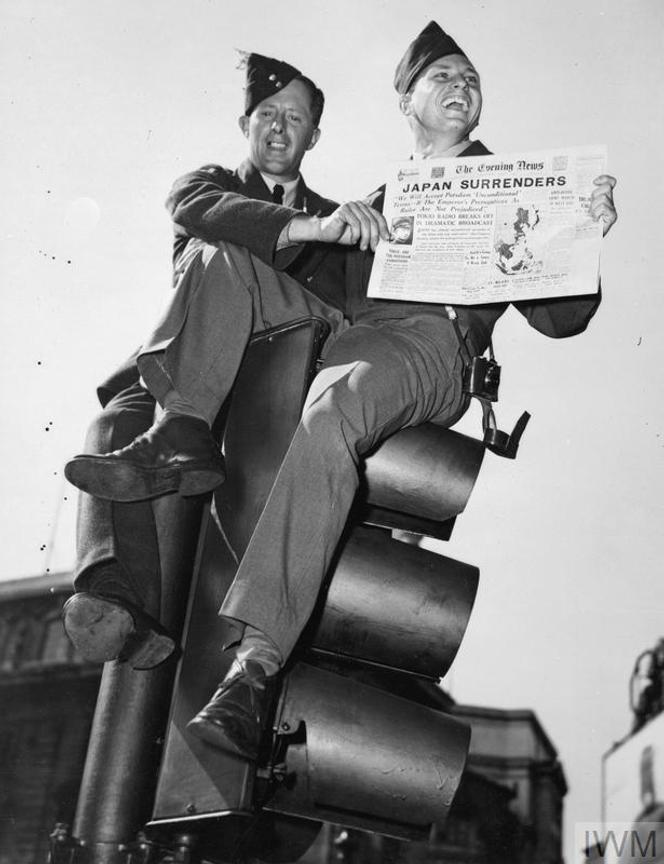

Letter from London

On August 15, King Charles III and Queen Camilla led the commemorations for the 80th anniversary of V-J Day, marking victory over Japan in 1945. They stood before thirty veterans – almost all centenarians – within the grounds of the National Memorial Arboretum in the Midlands.
The occasion was solemn and moving, featuring testimonies read by actors, moments of silence, and a flypast by a flotilla of Red Arrows (the Royal Air Force's aerobatic team) and roaring Spitfires, the legendary aircraft that proved decisive during the Battle of Britain.
Like the rest of Europe, the British primarily celebrate V-E Day, May 8, 1945, the day Nazi Germany surrendered and the war ended on the continent. But fighting continued in East Asia until the two atomic detonations – Hiroshima on August 6, 1945, and Nagasaki three days later – which instantly killed more than 100,000 civilians. The United Kingdom, which was at war with Japan from late 1941 until the summer of 1945, also commemorates, though more discreetly, the day Emperor Hirohito announced Japan's unconditional surrender.
You have 80.03% of this article left to read. The rest is for subscribers only.
